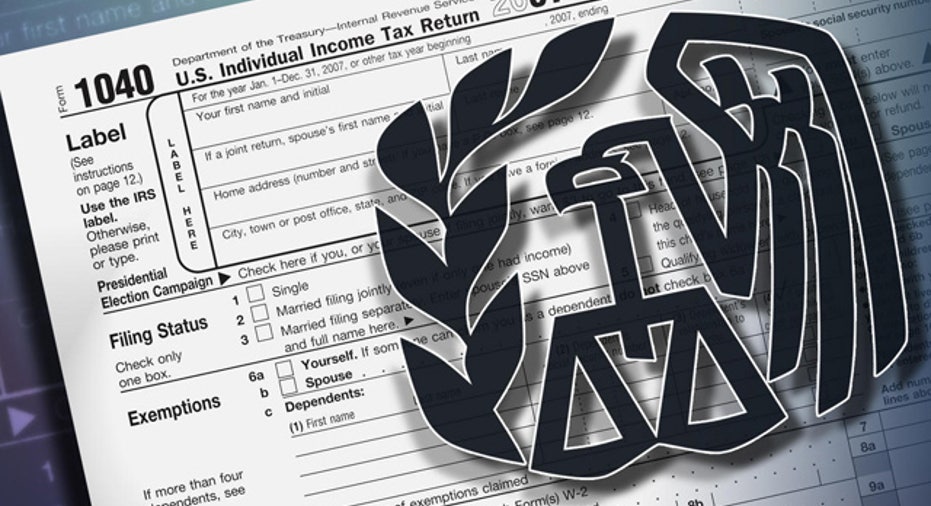When to Hire Tax Help

Tax day is just four weeks away, and if you have not started preparing your return because the thought of sitting down and filling out the forms makes your head spin, it might be time to hire professional help.
Wage-earning taxpayers who don't itemize deductions can usually prepare their own tax returns without making mistakes, but experts advise more complicated returns may require a professional.
“The more things you have going on in your life, the more complicated your taxes are,” explains David Miles, an enrolled agent with 20/20 Tax Resolution in Broomfield, Co. If you itemize deductions like mortgage interest, dependent care, investments, and/or expect to receive temporary tax credits, hiring help can save a bundle in hassle and time spent sorting through the tax code and determining eligibility.
True, most tax preparation softwares, like TurboTax, guarantee an accurate return based on up-to-date information, but most users don't understand or know how to properly answer the questions, says Alan Pinck, an enrolled agent with A. Pinck & Associates in San Jose, Calif. For example, small businesspeople answer these two questions on the tax return: “do you use your car for work?” and “do you use your car for business?” They sound similar, but there is a subtle difference and how you answer can be very important to your claims.
On top of confusing tax code that is constantly changing, Pinck says the IRS is scrutinizing more tax returns as federal money remains tight.
He adds that the majority of taxpayers facing an audit and seeking his help did their returns themselves.
When hiring a professional, whether it’s an enrolled agent (EA) or certified public accountant (CPA), make sure the professional is licensed, and avoid anyone who promises only to “maximize your refund,” says Irene Waschler, a CPA with Tobolsky & Wachsler CPAs, since this could signify inexperience.
Deciding when to hire help is dependent on an individual's comfort level.
Unless reading the IRS' entire arsenal of instructions sounds intriguing or the 900-page, 2012 U.S. Master Tax Guide excites you, here are some specific scenarios where experts suggest seeking professional help:
If you don't understand part or all of the return. Look for professional help if you have any question on how to fill out the entire return correctly. Hiring a professional could save thousands of dollars in deductions and credits that you didn’t know existed or qualified for.
If you are audited or the IRS challenges your reporting, you can resolve the issue quickly with a professional preparer by your side, who has guaranteed the accuracy of the return, says Waschler.
Read: Why the IRS Picked You to Audit
When you own a business or recently became self-employed. Businesses can have lots of complicated schedule forms regarding expenses, investments, depreciation and revenues.
A newly self-employed person may not be familiar with filing requirements, leading to exhaustive hours of reading and trying to complete the return. That's valuable time taken away from growing your business, Wachsler says. A professional will also offer tips on keeping better records for more exact reporting.
Read: New Requirements for Tax Preparers
When you have investment income or losses. If you've invested in multiple non-retirement mutual funds, stock options, businesses, or real estate, see a tax professional, says Derrek Klimek, a certified financial planner and CPA with Rehmann Financial. That's because some types of investments, as well as capital gains and losses, are treated differently than ordinary income (and rules for reporting and taxing them can change more frequently).
When you had a different life situation than in prior years. If you've moved because of work, lost a home to foreclosure, or otherwise experienced a new and life-changing situation last year, see a professional to see how it affects your tax liability, Pinck says. You could be eligible for new tax credits and deductions, or be subject to new reporting requirements.



















